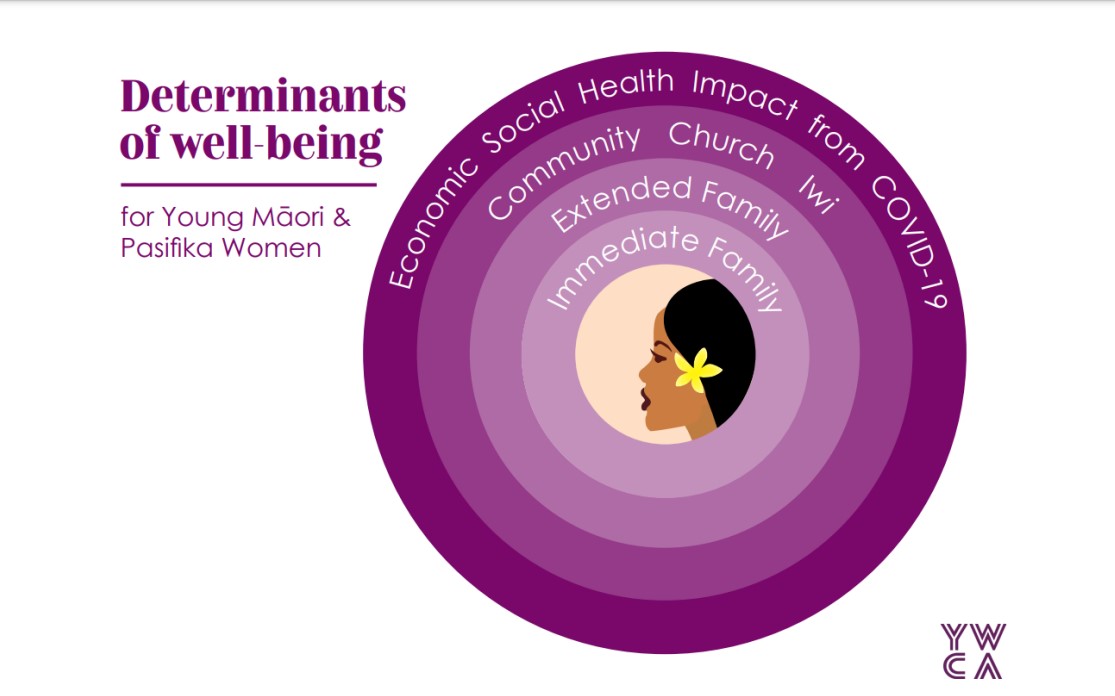Healthy Cities South Auckland: A focus on youth leadership and sustainability in the post-COVID world
Abstract
Introduction: This paper draws on a presentation given at the American Public Health Association (APHA) annual meeting in Philadelphia in 2019 (Drs. Conn and Field). It is based on an innovative public health initiative in the Aotearoa New Zealand context, which incorporates key themes relating to sustainable and healthy cities in the post-COVID world.
Method: Healthy cities South Auckland began in 2019, and involves Auckland University of Technology (AUT) faculty and students, many of whom are from indigenous Māori and Pacific Island communities, working collaboratively. The initiative aims to improve the health and wellbeing of the urban population using a series of codesigned projects that prioritise youth leadership and principles of sustainability. Current projects include an investigation of healthy food youth enterprise and the role of urban sustainable food environments; and student, faculty, and industry codesign of future-oriented public health higher education.
Discussion: Whilst this public health initiative is grounded in known principles of community action and determinants of health, it is innovative in the close and contextualised attention to Māori and Pacific youth leadership and to a more overt sustainability agenda. Emphasising the shift from healthy cities focusing on people, to one that focuses on the inextricable link between people and the natural environment, the initiative is underpinned by indigenous guardianship concepts, such as Māori Kaitiakitanga (guardianship of the natural order) and Pacific Va (healthy spaces). Traditionally associated with rural and marine spaces, a valuable new development is the application of indigenous principles by youth in an urban setting and for a public health agenda. These notions resonate with global shifts such as the ‘school strikes for climate change’ movement and seem particularly apt in a post-COVID world which must mobilise new ways of bringing about transformative change. These include addressing disease outbreaksand chronic disease and health inequities, while also taking into consideration the contexts of community, culture and natural environments.
Conclusion: In the Aotearoa New Zealand context, strengths-based approaches are a vital way forward, positioning Māori and Pacific young people as champions. Notions of healthy cities as sustainable cities; based on indigenous guardianship applied to 21st century urban spaces; youth activism and urban health in the digital age; and partnership between academia, youth, and industry are significant areas for further study, providing useful lessons for cities’ agendas, both locally and internationally.
Copyright (c) 2021 Cath Conn, Robert Field, Margaret Hinepo Williams, Radilaite Cammock, Adetoun Nnabugwu

This work is licensed under a Creative Commons Attribution 4.0 International License.


